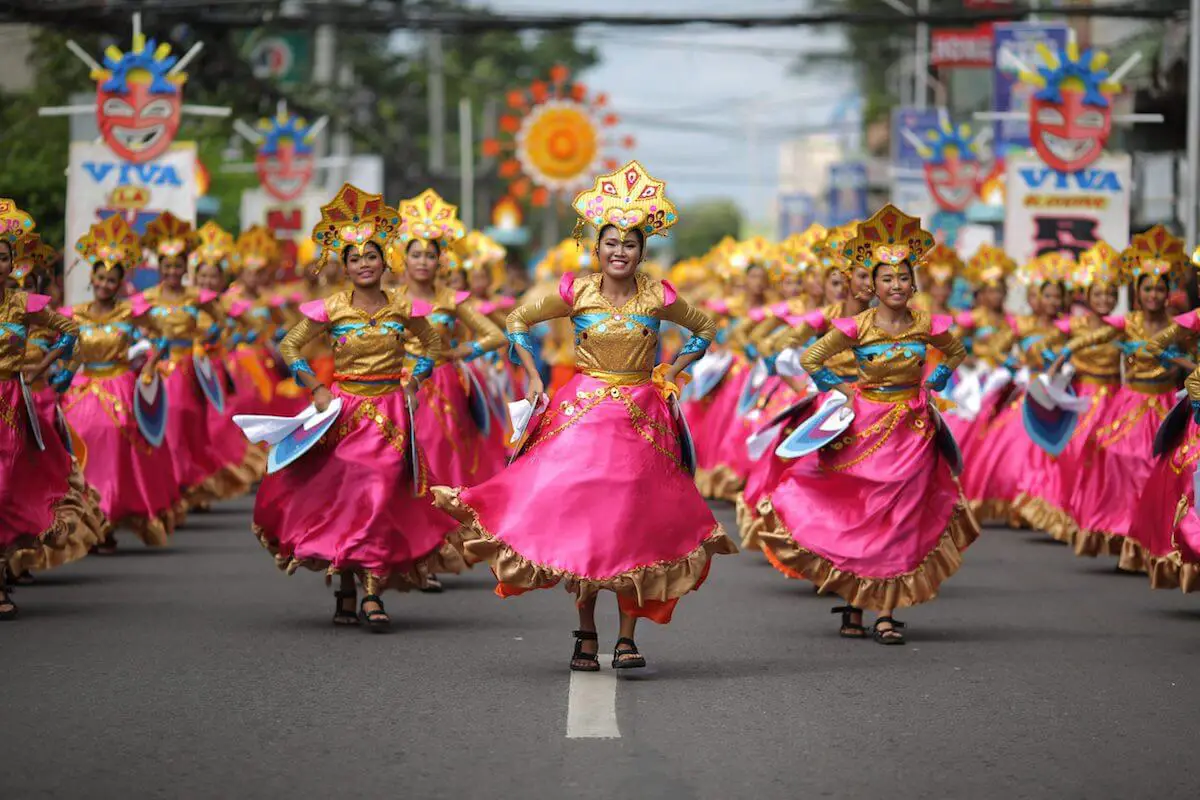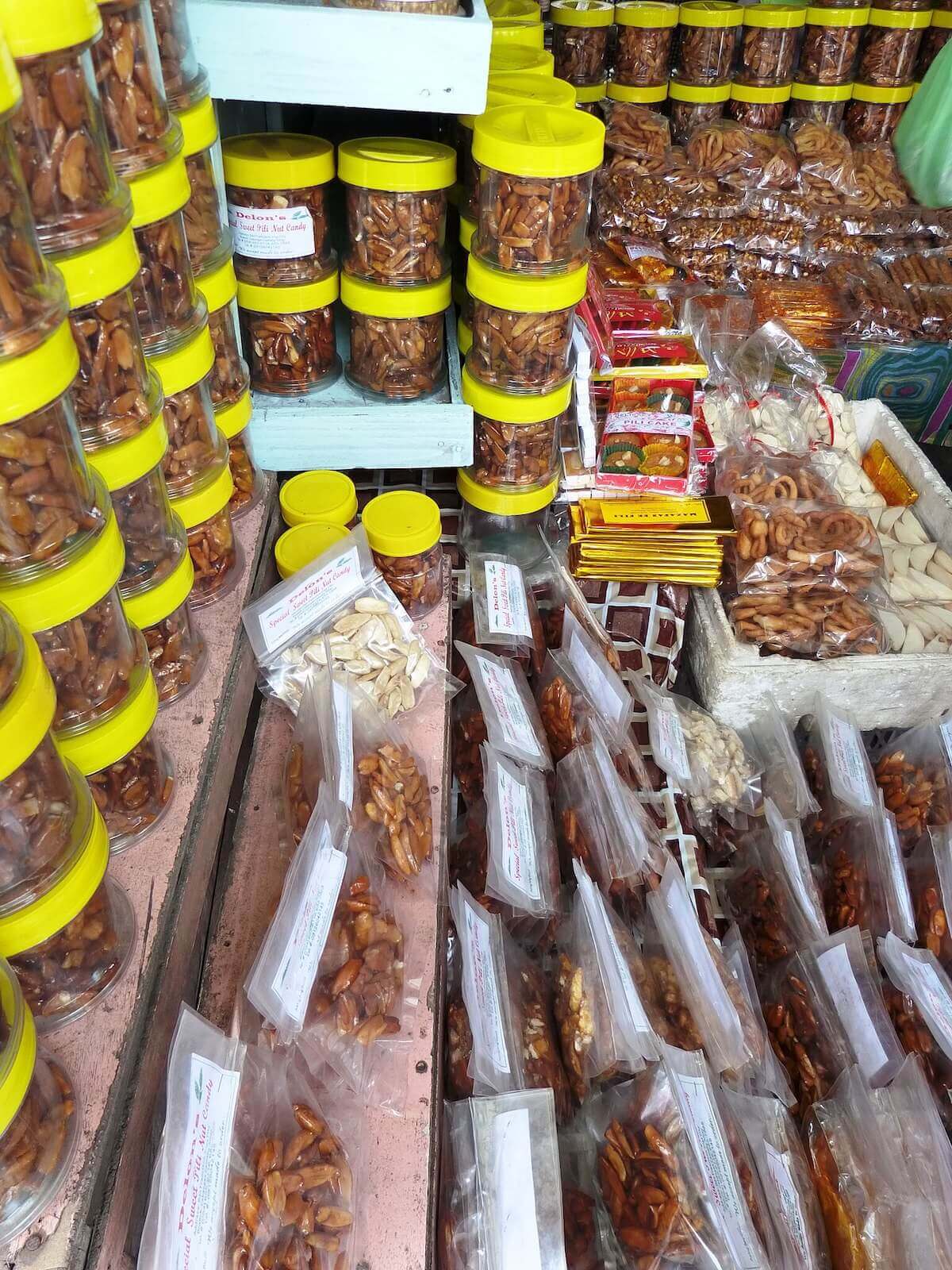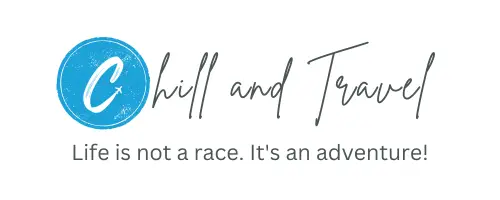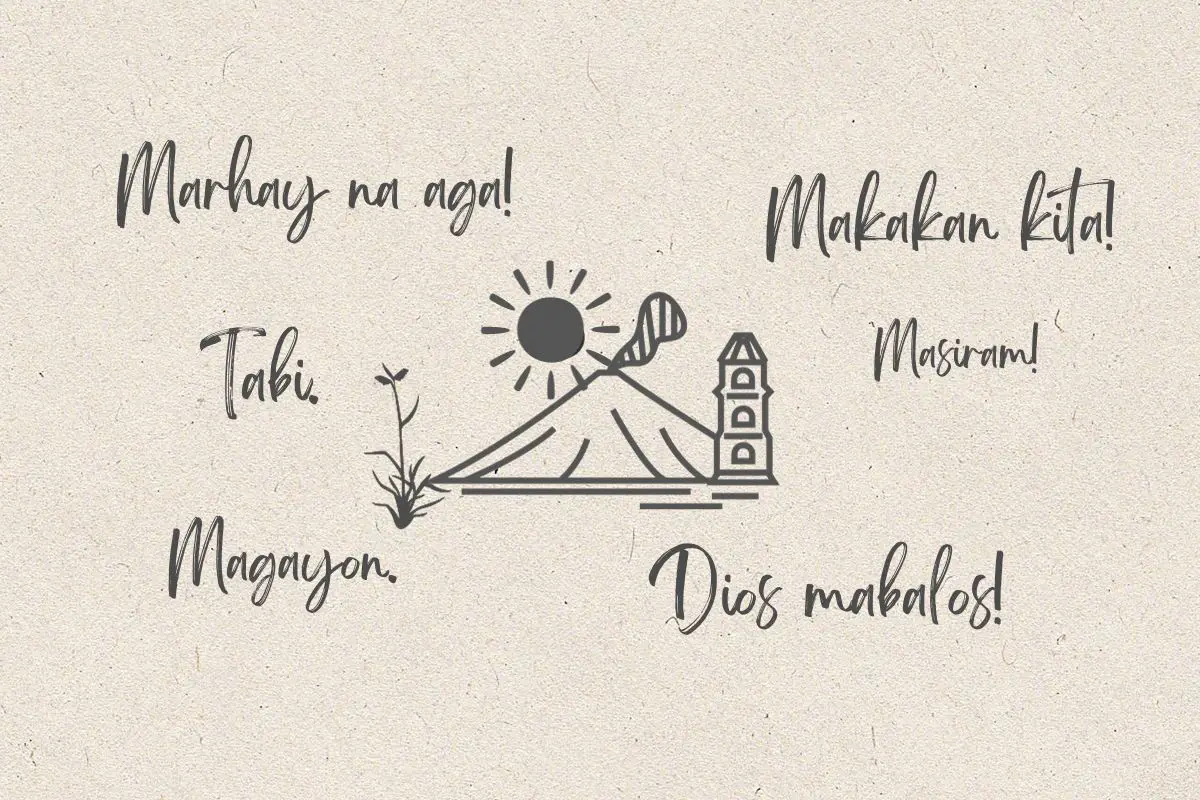49 Useful Bicolano Words & Phrases to Learn for Travelers
Planning a trip to the Bicol region and other parts of Southern Luzon? Before going there, why not learn some basic Bikolano or Bicolano words and phrases to show your appreciation for the culture and better interact with the locals?
Bicolano or Bikol language is one of the most widely used native languages in the Philippines along with Tagalog, Cebuano, Hiligaynon, Ilocano, and Waray. However, it is interesting to note that the Bicolano language is very fragmented and composed of several Central Philippine languages depending on the geographic location.
For the purpose of this list, we’ll tackle the Central Bikol language, also called Bikol Naga. It is widely used and spoken in the Bicol region, mainly in Naga City, Camarines Sur, and some parts of Camarines Norte, Albay, Sorsogon, Masbate, and Catanduanes.
|
Tip: Discover Albay’s most popular tourist spots including the iconic Mayon Volcano on a sightseeing tour. This already includes a private transport, tour guide, tour kit, admission to attractions, snacks, and more! |
Basic Bicolano words and phrases for introductions and greetings


1. “Tara!” / “Nom!” / “Nem!” = “Hello!”
Although “Hello” is commonly used as a general greeting, you can say these Bicolano words to greet someone.
2. “Welcome to <place>!” = “Maogmang pag-abot sa <place>!”
When welcoming guests, you can say this Bicolano phrase. For example, “Maogmang pag-abot sa Naga City!” (Welcome to Naga City!).
3. “Marhay na aga!” = “Good morning!”
Say “Marhay na aga!” to greet in the morning. You can use the following variations for other times of the day:
- Marhay na udto = Good noon
- Marhay na hapon = Good afternoon
- Marhay na banggi = Good evening
4. “Komusta ka na?” / “Komusta na kamo?” = “How are you?”
Say these Bicolano phrases to ask how someone or a group of people are doing. Use “ka na” if you’re only asking one person, and “na kamo?” if you’re saying it collectively.
5. “Marhay!” = “Fine!” / “Good!”
This is your reply to someone asking how you are doing.
6. “Anong ginigibo mo?” = “What are you doing?”
This is what you say if you want to check in on someone and ask what he or she is doing.
7. “Anong pangaran mo?” = “What’s your name?”
Use this Bicolano phrase to ask for someone’s name.
8. “Ako si <name>.” = “I’m <name>.”
Same with Tagalog, you can introduce your name like this, “Ako si Juan.” You can also say, “Juan ang pangaran ko.” for “My name is Juan.”
9. “Kaogmahan kong mamidbidan ka!” = “Nice to meet you!”
You may change “ka” to “kamo” if you are pertaining to two or more persons. For instance, “Kaogmahan kong mamidbidan kamo!” (Nice to meet you!).
10. “Taga sain ka?” = “Where are you from?”
Use this Bicolano phrase when asking where the person is from.
11. “Taga <place> ako.” = “I’m from <place>.”
This is your reply to the person asking where you are from. For example, “Taga Manila ako.”
12. “Tatao ka magtaram nin <language>?” = “Do you speak <language>?”
Use this Bicolano phrase to know if the person speaks a certain language. For example, “Tatao ka magtaram nin Bikol?” (Do you speak Bikol?).
13. “Diit lang.” = “A little.”
You can reply with this Bicolano phrase if you know a little.
14. “Nasasabutan mo?” = “Do you understand?”
Use this Bikol phrase to confirm if the person understands.
15. “Nasasabutan ko.” = “I understand.”
This is your reply if you understand.
16. “Dai ko nasasabutan.” = “I do not understand.”
On the other hand, you can use this if you don’t understand.
Useful Bikol words and phrases for social etiquette


17. “Dios mabalos!” = “Thank you!”
Thank you or salamat in Bicolano is “Dios mabalos”. You can also simply say “Salamat” or “Salamat na marhay”.
18. “Daing ano man!” = “You’re welcome!”
This is your reply to the person who expresses gratitude to you.
19. “Mag iingat ka!” = “Take care!”
Same with Tagalog, you can say this to tell someone to take care.
20. “Tabi.” = “Please.”
Use this Bicolano word when asking for a favor.
21. “Patawarun mo ako.” / “Dispensaron mo na lang ako.” = “Please forgive me.” / “I’m sorry.”
Use these Bicolano phrases to apologize.
22. “Paaram!“= “Goodbye!”
It sounds and means the same as the Tagalog word “paalam”, which means goodbye.
23. “Nahihidaw ako saimo!“= “I miss you!”
This is how you say “I miss you” in Bicolano.
24. “Magayon!” = “Beautiful!”
Say this if you want to compliment someone or something.
25. “Iyo” = “Yes”
“Iyo” is the Bicolano word for yes.
26. “Dai” = “No”
“Dai” is the Bicolano word for no.
Helpful Bicolano phrases for travel and exploration


|
Tip: Explore the world-famous Mayon Volcano on an exciting ATV ride. This already includes ATV rental, safety gear, insurance, and driving practice. |
27. “Hain?” = “Where?”
“Hain” is the Bicolano word for “where”. See some samples of how to use it in a sentence:
“Hain ang banyo?” (Where’s the bathroom?)
“Hain ang mga bus?” (Where are the buses?)
28. “Masain ka?” = “Where are you going?”
Use this Bicolano phrase to know where the person is going.
29. “Maduman ako sa <place>.” = “I’m going to <place>.”
This is your reply to someone asking where you are going.
30. “Pano ako makaduman sa <place>?” = “How do I get to <place>?”
If you are asking for directions on how to get to a particular place, you can say this phrase.
31. “Gurano man an pamasahe / plite?” = “How much is the fare?”
Use this Bicolano phrase to ask how much is the fare.
32. “Anong oras na tabi?” = “What time is it?”
Say this when asking for the time.
33. “Dai ko aram.” = “I don’t know.”
If you don’t know the answer, just utter this Bicolano phrase.
34. “Para!” = “Stop!”
Like Tagalog and Bisaya, you just say “para” if you want to get off from the public vehicle.
35. “Nawawara ako!” = “I’m lost!”
Say this Bicolano phrase when you are lost, especially in a new place.
36. “Tabang!” = “Help!”
Same with Bisaya, you say “tabang” if you need help. You can also say, “Tabangi ako” if you want to say “Help me”.
Practical Bicolano words and phrases for shopping


37. “Gurano ini?” = “How much is this?”
Use this Bicolano phrase when asking for the price.
38. “Mahal!” = “Expensive!”
Same with Tagalog and Bisaya, “mahal” is the Bicolano word for expensive.
39. “Barato!” = “Cheap!”
Same with Bisaya, “barato” means cheap in Bicolano.
40. “Igwa ka <item>?” = “Do you have <item>?”
Use this Bicolano phrase if you are looking for an item to buy.
Handy Bicolano words and phrases for eating


41. “Makakan kita!” = “Let’s eat!”
Use this Bicolano phrase to invite people to eat.
42. “Masiram!” = “Delicious!”
Utter this if you want to say that the food is delicious.
43. “Maharang!” = “Spicy!”
When you taste spicy food like Bicol Express, you can utter this word.
44. “Mahamis!” = “Sweet!”
When it’s sweet, you can say this Bicolano word.
45. “Dae ka magpagutom.” = “Don’t allow yourself to starve.”
Say this to express concern that you don’t want the person to starve or get hungry.
46. “Gutom na ako!” = “I’m hungry!”
Same with Tagalog, this is what you say when you’re already hungry.
47. “Basog na ako!” = “I’m already full!”
“Basog” is the same as “busog” in Filipino, which means the stomach is already full.
48. “Dai ako nagkakakan nin <food>.” = “I don’t eat <food>.”
If you don’t eat something like pork, you can say “Dai ako nagkakakan nin karneng urig!” (I don’t eat pork).
49. “Gurano an pagkakan / kakanon?” = “How much is the food?”
Say this if you want to know the price of the food.
This Bicolano words list will already do for a start. You’ll learn more of the language when you’re already immersed in the locality.
You may also be interested to learn Chavacano when exploring Zamboanga City and Basilan.
Do you have more Bicolano words and phrases to add? Hit us up on our socials: Facebook, Instagram, Twitter, and YouTube.

